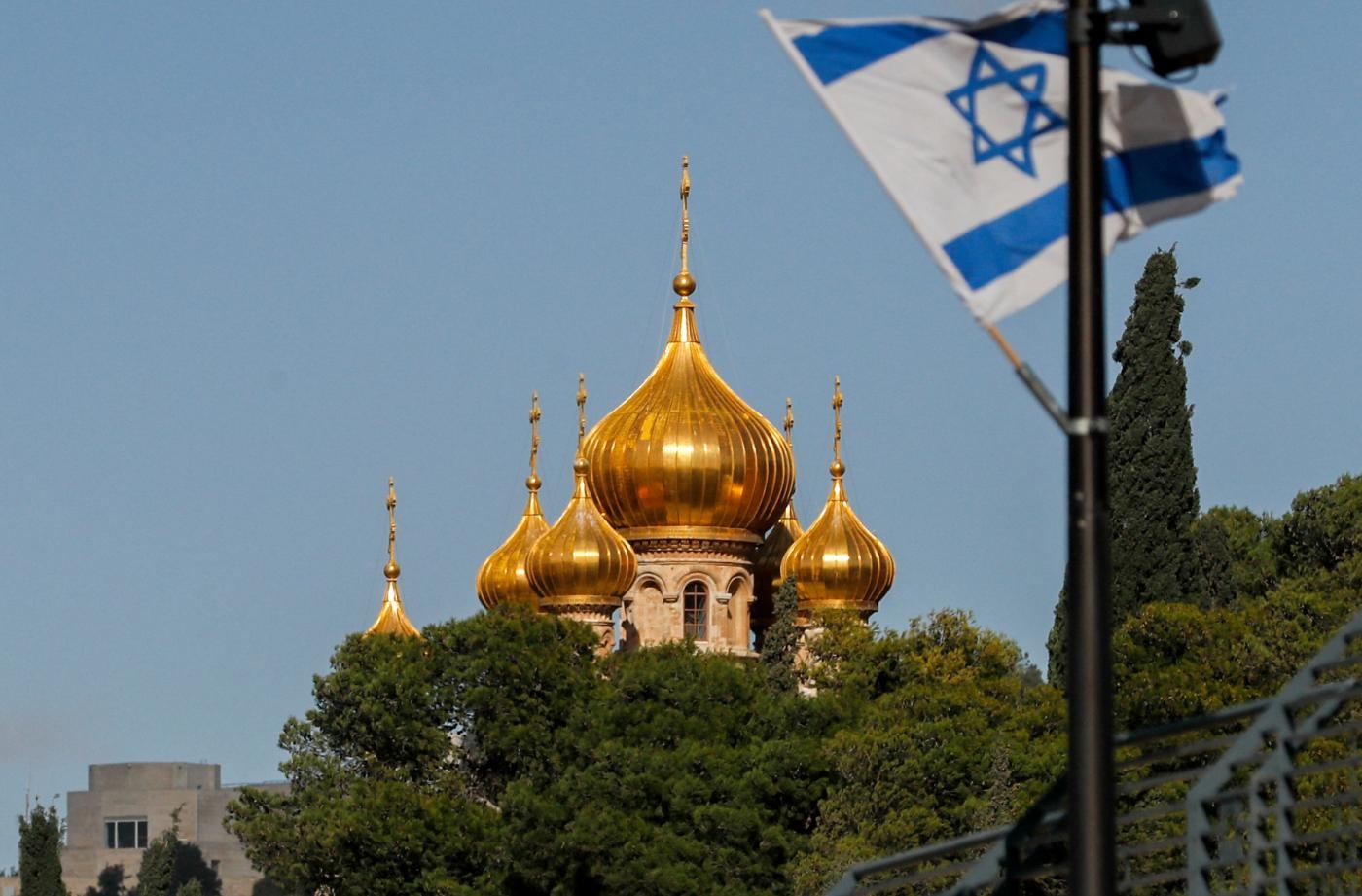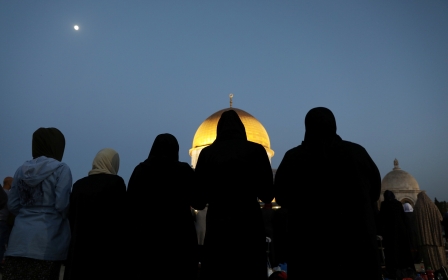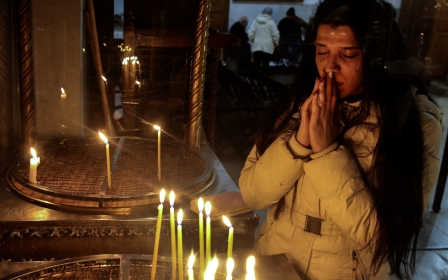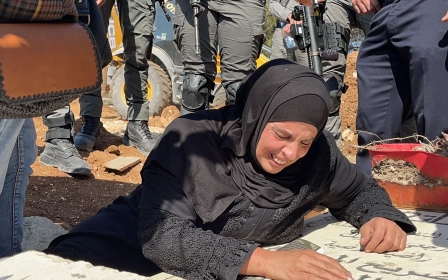Israel halts plan to expand parks onto Christian sites in East Jerusalem

Israel is halting a plan to expand its national parks in occupied East Jerusalem onto lands owned by several churches and Christian denominations.
The controversial plan was introduced by the Israel Nature and Parks Authority (INPA), which said on Monday that it is withdrawing the scheme following widespread opposition by leaders of local churches who lambasted it as a "premeditated attack on the Christians in the Holy Land".
The plan was originally scheduled to come before Jerusalem municipality's planning and construction committee next week.
However, the scheme was met with fierce criticism. Leading church officials and rights groups had characterised the plan as a power grab and a threat to the Christian presence in the Holy Land.
Opponents of the move have also highlighted the ties between the INPA and nationalist groups that are working to increase the presence of settlers in East Jerusalem areas, including the flashpoint neighbourhood of Sheikh Jarrah.
New MEE newsletter: Jerusalem Dispatch
Sign up to get the latest insights and analysis on Israel-Palestine, alongside Turkey Unpacked and other MEE newsletters
"There is no intention of advancing the plan in the planning committee, and it is not ready for discussion without coordination and communication with all relevant officials, including the churches, in the area regarding the correct way to preserve this special area," the spokeswoman for the INPA said in a statement.
The plan would see the borders of the Jerusalem Walls National Park extended to include a large section of the Mount of Olives along with additional parts of the Kidron and Ben Hinnom Valleys.
The INPA spokeswoman said that the plan would not build over church-owned lands but would "conserve" them as "one of the most important cultural and heritage landscapes in the world," saying these areas have been "neglected" for years.
Yet, church leaders in Jerusalem doubted the Israeli authority's intentions.
They said in a letter to Tamar Zandberg, Israel's minister of environmental protection, that the plan seems to have been "put forward and is being orchestrated, advanced and promoted by entities whose apparent sole purpose is to confiscate and nationalise one of the holiest sites to Christianity and alter its nature".
"This is a brutal measure that constitutes a direct and premeditated attack on the Christians in the Holy Land, on the churches, and on their ancient, internationally guaranteed rights in the Holy City," they added.
"Under the guise of protecting green spaces, the plan appears to serve an ideological agenda that denies the status and rights of Christians in Jerusalem.”
Left-leaning Israeli NGOs Bimkom, Emek Shaveh, Ir Amim, and Peace Now also criticised the plan saying that there is a "direct link" between Israeli efforts to expel Palestinians from the flashpoint East Jerusalem neighbourhood of Sheikh Jarrah and the parks expansion plan.
“We object to the cynical misuse of heritage and environment protection as a tool by Israeli authorities for justifying settlement expansion, for re-shaping the historical narrative, and for determining ownership over the historical basin,” they said.
Middle East Eye delivers independent and unrivalled coverage and analysis of the Middle East, North Africa and beyond. To learn more about republishing this content and the associated fees, please fill out this form. More about MEE can be found here.





